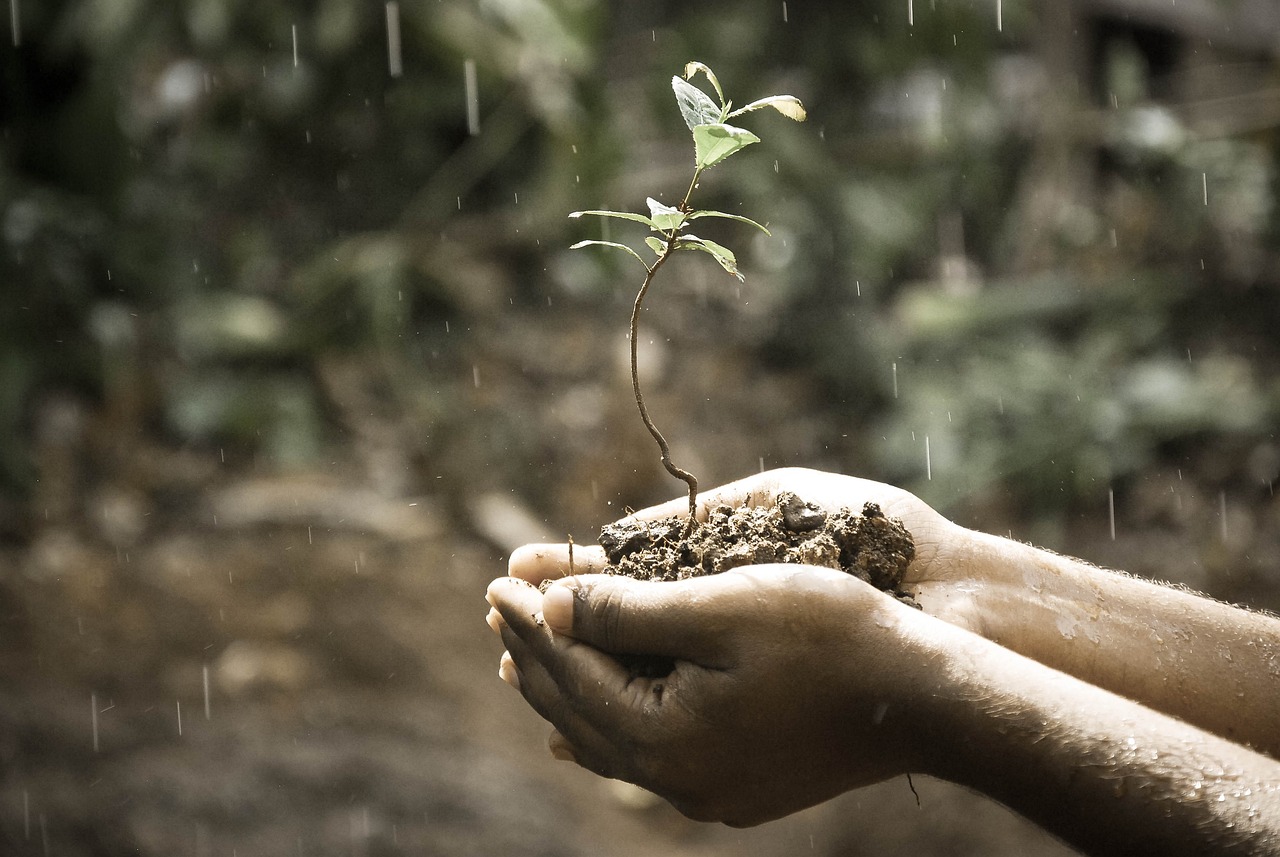Mentorship Spectrum – Restoring Landscapes and Rebuilding Lives
Blog by Abhinav Timsina
Recently, I had the opportunity to visit Panauti, a town in Kavrepalanchowk district, which has been listed as a UNESCO tentative site since 1996. Once known for its rich cultural heritage and natural beauty, Panauti is now facing a harsh reality shaped by natural disasters and inadequate rehabilitation efforts.
On my journey there, I noticed acres of barren land, previously vegetated areas now plotted for residential development, but left idle and exposed. As I arrived, I got to personally witness the scale of damages caused by the flood and landslides in October 2024.
The scene was heart-wrenching with innocent people’s homes demolished, severed roads and damaged infrastructure in the area. Even after 6 months of the unfortunate event, it was shocking to see the lack of efforts in rectifying and adapting to these damages by the concerned authorities, with houses laying overturned and road access still cut off. It felt as if the calamity had occurred just last week.
This experience made me aware about the necessity of climate-resilient solutions. It reminded me of one of our Nature-based Solutions Innovation Challenge Incubation Program participants, ATL Nepal.
ATL Nepal is on a mission to transform degraded landscapes, restore biodiversity, and empower communities through innovative nature-based solutions. Their work felt especially relevant in light of what I witnessed in Panauti. The founder of ATL Nepal, Mr. Aakash Shilpakar with his experience over the years in regenerative agriculture has allowed him to explore innovative practices like agroforestry, soil regeneration, and landscape restoration. While such services may not yet be mainstream, they hold the key to long-term resilience and are arguably the most essential, in a disaster prone country like Nepal.
The people of Panauti have lost their houses, acres of land, and over 2000 livestock damages due to flood and landslides. These people rely on such sources to maintain their daily minimal livelihoods. The impaired roads and the movement of large vehicles in them has also skyrocketed pollution levels, forming clouds of dust, making clean air for the people inaccessible, all while trying to piece together their livelihoods. According to The Kantipur Post, over hundreds of ropani of crops were wiped out due to the disaster, a loss I personally cannot comprehend.
Services like those offered by ATL Nepal are vital in helping communities build back better. Aakash believes that the true potential of Nature-based solutions lies in its ability to inspire collective action. Through landscape designing and restoration services, the country as a whole can progress tremendously in adequate infrastructural developments, disaster preparedness, and protect both livelihoods and ecosystems.
This is just the case of Panauti, and there many more communities that face similar threats. As a country most vulnerable to face natural disasters, integrating nature-based solutions for landscape restoration and regenerative practices are key to not just recover, but to thrive. What ATL Nepal is doing is exactly what our future demands, and we must prioritize solutions that work with nature, not against it.
About the Writer: Abhinav is a Startup Fellow under the Nature Based Solutions (NbS) Innovation Challenge. He is currently pursuing his Bachelor’s in Business Administration from Kathmandu College of Management.


Comments are closed